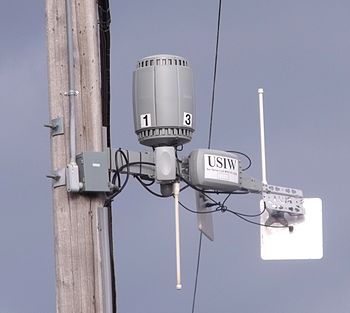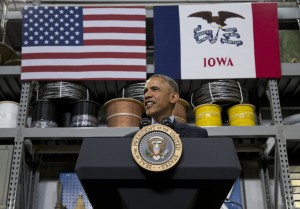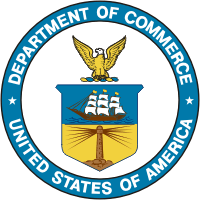
English: A wireless internet router, part of Minneapolis, Minnesota’s broadband wireless internet network run by U.S. Internet. (Photo credit: Wikipedia)
“Broadband” is another term that historically had a specific definition in the telecom industry but now politicians have co-opted it and made the definition squishy. Before the Internet was a commercial service, the industry referred to signals as being narrowband, wideband, and broadband. Broadband was defined as any signal being greater than 1.544 Mbit/s or a DS1/T1 rate. Now broadband has evolved from an adjective to a noun with a different meaning depending on how the FCC defines it. I guess I should think of it as further evolution of the English language.
All across America, people could be waking up to their last day with broadband internet access. Oh, the speed of the bits in their pipes isn’t changing, but what we call it might be. The FCC is set to vote on whether or not internet access should only be called broadband if it’s 25Mbps or higher downstream. The current standard is a measly 4Mbps, which ISPs are just fine with. Continue reading






![capitoldomenight[1]](https://inphotonicsresearch.com/wp-content/uploads/2015/01/capitoldomenight1.jpg)
